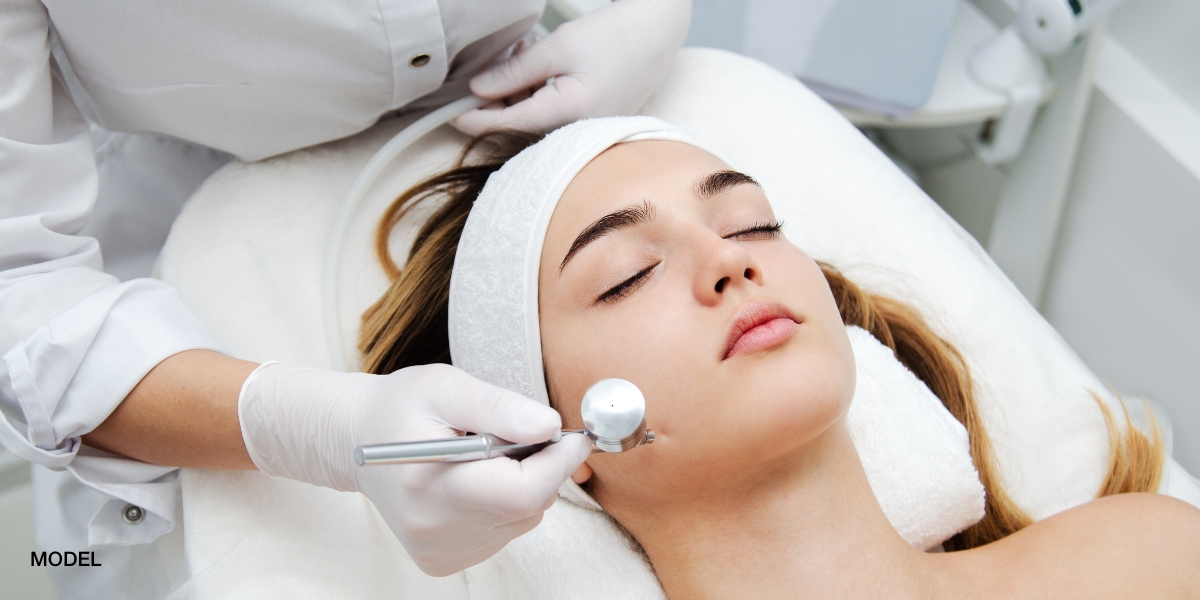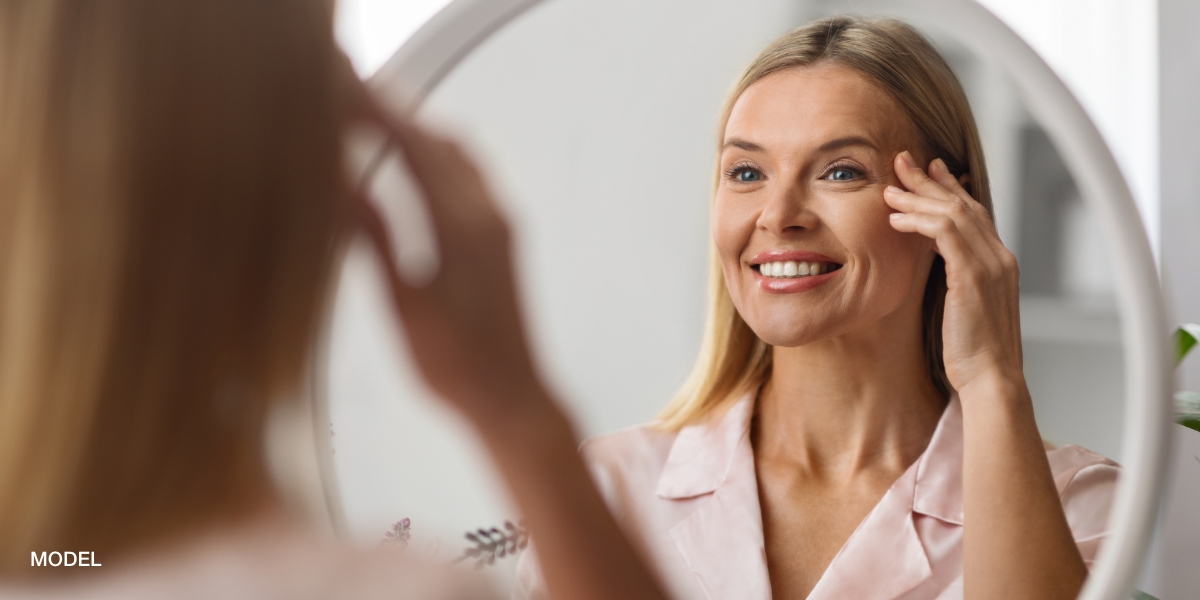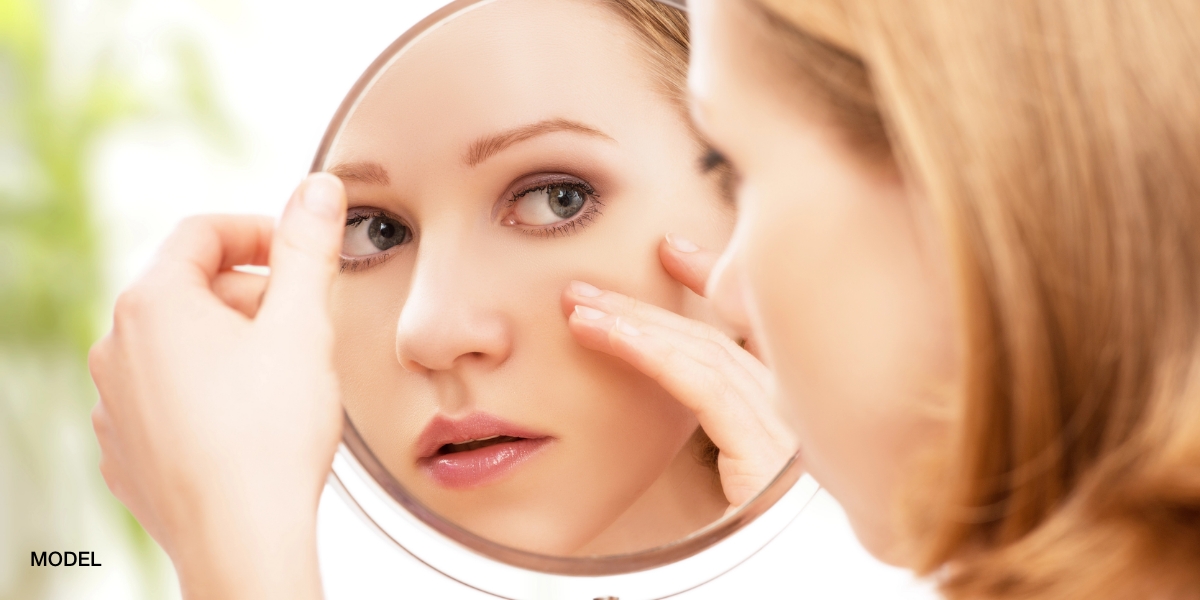 If you are dealing with active acne breakouts, you are hardly alone. Acne is an incredibly common skin condition, affecting as many as 50 million people in the U.S. alone. Just because acne is common does not necessarily make it easy to live with, as anything that deprives you of clear, healthy skin can cause feelings of self-consciousness.
If you are dealing with active acne breakouts, you are hardly alone. Acne is an incredibly common skin condition, affecting as many as 50 million people in the U.S. alone. Just because acne is common does not necessarily make it easy to live with, as anything that deprives you of clear, healthy skin can cause feelings of self-consciousness.
Fortunately, there are several steps you can take to minimize your risk of acne outbreaks. Here are a few of our recommendations.
How to Prevent Acne
1) Clean your face.
The simplest thing you can do to minimize your risk of acne outbreaks is to keep your face clean and clear.
We recommend gently washing twice every day to remove dirt, debris, extra oil, and dead skin cells. The best approach is typically to use warm water and a mild facial cleanser, but you can talk with your dermatology specialist about a more specific recommendation. We recommend not scrubbing at your skin with a washcloth, but rather using clean hands to gently wash.
2) Select the right moisturizer.
Many over-the-counter acne products dry out your skin. This may treat the acne, but it can also leave you with skin that is dry, cracked, and flaky.
To counter these ill effects, we recommend using a daily moisturizer to give your skin the hydration it needs. The trick is to look for a moisturizer that is labeled as non-comedogenic. This basically means it will not contribute to your acne. Again, for product recommendations that are tailored to your skin type and quality, talk with a professional.
3) Be sparing in your makeup application.
If you are experiencing an acne outbreak, the last thing you want is to apply copious amounts of makeup. Specifically, we recommend that you avoid foundation, powder, and blush altogether. And if you do feel a need to wear makeup, make sure you buy oil-free cosmetics, and wash it all off at the end of the day.
Again, seeking out non-comedogenic cosmetics is a good approach. Products labeled as such will usually be free of dyes and other chemicals that irritate the skin and contribute to acne outbreaks.
4) Be careful with hair care products.
Just as you exercise caution about the products you use on your skin, also make sure you are careful about what you put into your hair.
If possible, avoid any hair products that include oils, fragrances, or perfumes. The reason for this is that these products very rarely stay in your hair. They often get into your face, especially if you work up a sweat. When that happens, these products can clog your pores and potentially contribute to acne breakouts.
Also note that oily hair can lead to oily skin, so keep your hair washed. If you have long hair, try your best to keep it out of your face, where it can spread oil and clog pores.
5) Exercise.
Daily exercise is good for your entire body, and that includes your skin.
Just make sure that, when you do work out, you avoid wearing any clothing that rubs against your skin and causes irritation. Additionally, make sure you shower right after your workout session.
6) Talk with a professional.
The reality is that addressing acne is sometimes rather complicated, and may involve a lineup of treatments that are chosen specifically for your skin. A qualified acne specialist can evaluate your skin, assess your outbreaks, and recommend the treatments that are right for you.
These treatments may include topical medications as well as oral medications. For more advanced cases of acne, treatment may also involve light therapy, laser treatment, chemical peels, or even a steroid injection.
Learn About Our Customized Acne Treatments
At the Wisconsin Institute of Plastic Surgery, our skincare specialists, Colleen Van Egeren, PA-C
and Megan MacCarthy, PA-C, have 34 years of combined experience treating acne patients. We would love to talk with you about your skincare needs and recommend an acne treatment program that is just for you.
To speak with a qualified professional, we invite you to contact our practice to set up a consultation.




